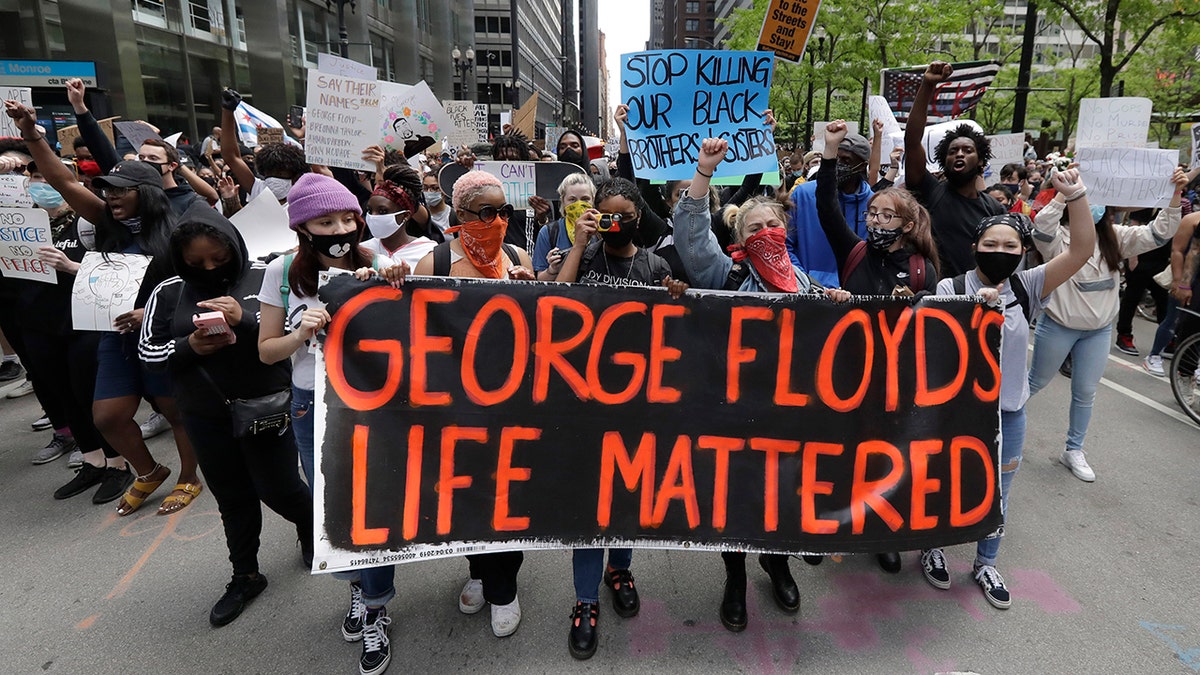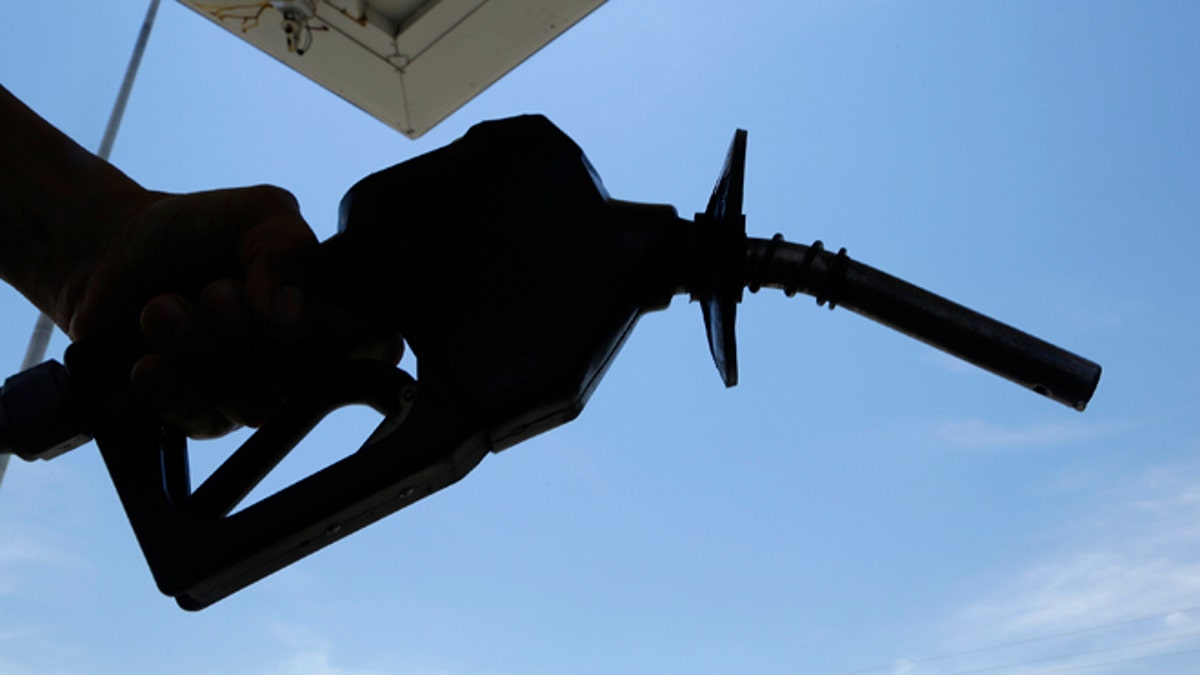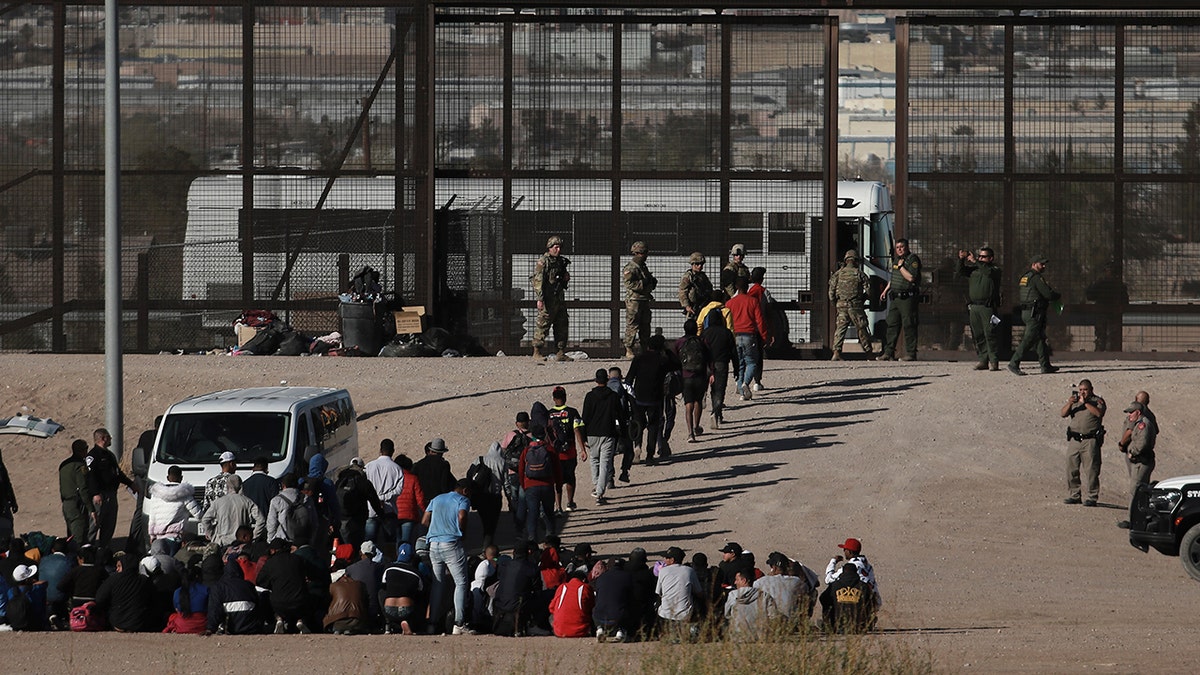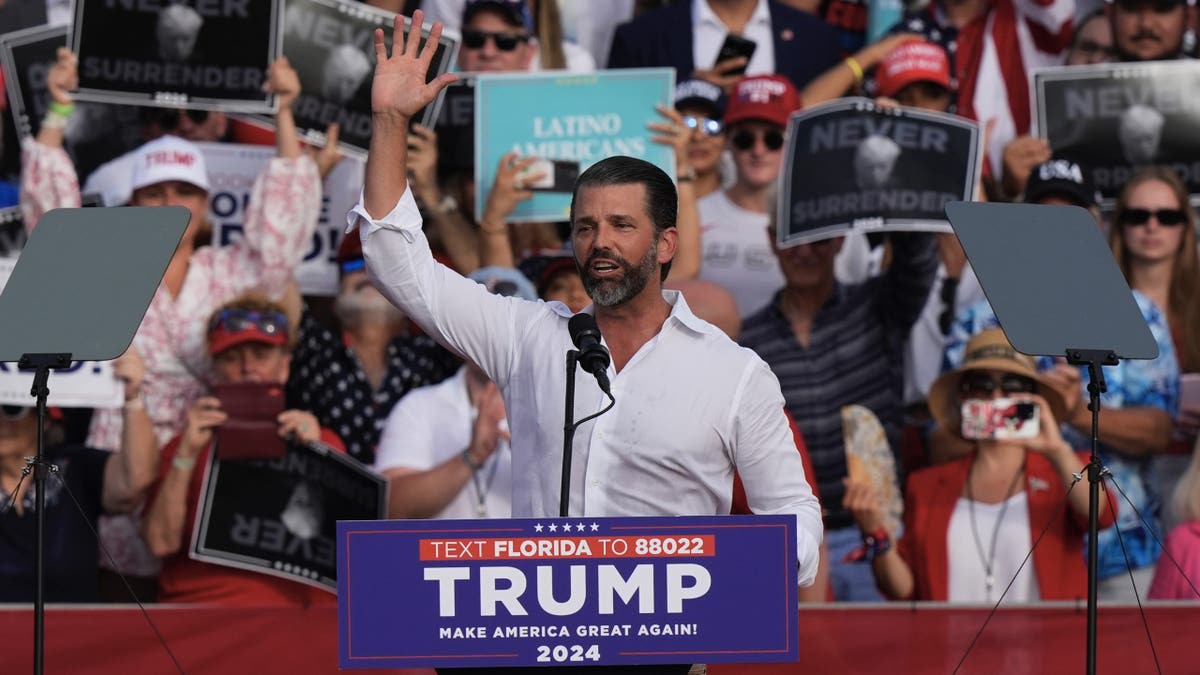Following a judge's approval of a settlement between the city of Minneapolis and the state's Human Rights Department, significant police reforms are set to be implemented. These reforms come in the wake of George Floyd's tragic death in 2020.
Hennepin County Judge Karen Janisch endorsed the agreement, which mandates de-escalation tactics as a primary approach, restricts the use of tear gas and similar chemical agents, and prohibits traffic stops for minor infractions like broken taillights or searches based solely on the scent of marijuana.
Judge Janisch acknowledged the substantial undertaking these reforms represent, expressing hope that the city is prepared for the challenge and can find capable individuals to carry out the changes effectively.
The Human Rights Department's investigation commenced shortly after Derek Chauvin, a white police officer, killed George Floyd, a Black man, by kneeling on his neck for over nine minutes. This incident triggered widespread protests globally, prompting a critical examination of racial injustice and leading to a comprehensive review of the Minneapolis Police Department.
A subsequent report from the Minnesota Human Rights agency revealed a pattern of racial discrimination within the police department spanning at least a decade. A parallel investigation by the U.S. Justice Department echoed these findings, citing systemic discrimination against racial minorities, violations of constitutional rights, and a disregard for the safety of individuals in custody.
The settlement prohibits training related to excited delirium, a controversial condition that was a factor in the confrontation leading to Floyd's death. The agreement also addresses the use of body cameras and dashboard cameras, officer wellness programs, and responses to mental health and behavioral crises. An independent evaluator will be appointed to oversee compliance with these new measures.

The settlement was reached after months of negotiations involving the city, community members, and police officers, with their input directly incorporated into the agreement. However, some police accountability groups have expressed concerns that the settlement's language regarding union contracts could allow officers to circumvent the intended changes and potentially shield disciplinary actions from public view.
Floyd's arrest stemmed from suspicion of using a counterfeit $20 bill. The ensuing struggle with officers, despite being handcuffed, led to his forced restraint on the ground and ultimately, his death under Chauvin's knee.
Chauvin's conviction for murder resulted in a 22 1/2-year sentence, while a separate federal charge for violating Floyd's civil rights added another 21 years. Three other officers involved in the incident are also serving prison sentences for their roles in Floyd's death.








